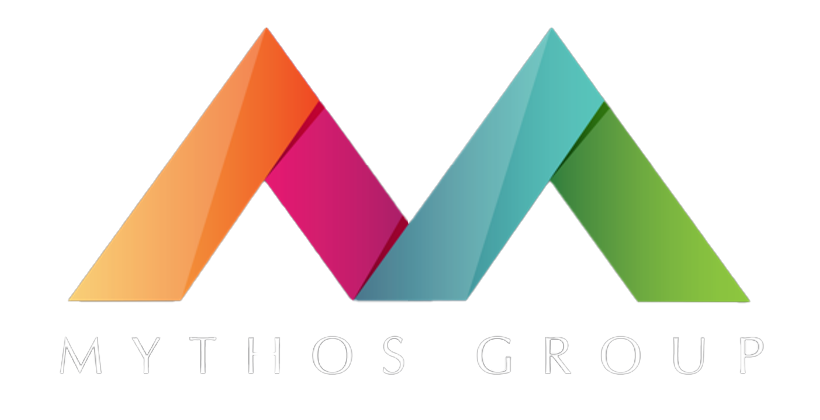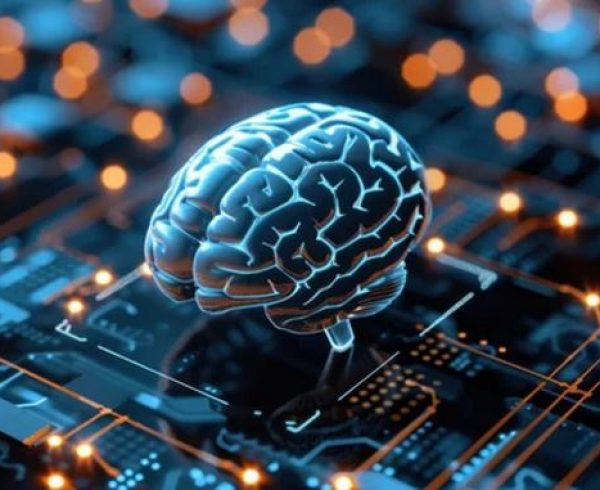The ways AI can be leveraged to help those in the Healthcare industry keep expanding. More options evolve continually, opening new possibilities for those in this highly stressful field to work more efficiently, easing the inherent pressures of the profession. AI can streamline administrative tasks for healthcare workers by automating routine processes thereby improving speed, productivity, and sometimes even accuracy. Here are areas where AI can make a difference:
Electronic Health Records (EHR) Automation
AI can automatically extract and populate EHRs with information from various sources, such as medical devices, lab results, and patient records. It can also accurately code medical procedures and diagnoses, reducing the time and effort required for manual coding. Additionally, AI can assist in generating clinical documentation, such as progress notes and discharge summaries, based on patient data and standardized templates.
Appointment Scheduling
AI can optimize appointment scheduling based on provider availability, patient preferences, and medical needs. It can also send automated appointment reminders to patients through various channels, reducing no-shows and improving efficiency.
Billing and Claims Processing
AI can automatically submit claims to insurance companies, reducing errors and improving turnaround times. It can also verify patient insurance eligibility in real-time, preventing denials and improving revenue cycle management.
Patient Communication
AI-powered chatbots can handle routine patient inquiries, such as appointment scheduling, prescription refills, and billing questions, freeing up staff to focus on more complex tasks. AI can also personalize patient communications based on their preferences and medical history, improving patient satisfaction and engagement.
Inventory Management
AI can predict demand for medical supplies based on historical data and patient trends, optimizing inventory levels and reducing waste. It can also trigger automatic replenishment orders when inventory levels fall below a certain threshold.
Clinical Decision Support
AI can provide evidence-based recommendations to clinicians, helping them make informed decisions about patient care. It can also alert clinicians to potential adverse events or medication interactions, improving patient safety.
Patient Care And Outcomes
AI-assisted diagnoses can significantly impact patient care and outcomes by:
Improving Diagnostic Accuracy: AI algorithms can analyze vast amounts of medical data, including patient histories, lab results, and imaging scans, to identify patterns and anomalies that may be missed by human doctors. This can lead to more accurate and timely diagnoses.
Reducing Diagnostic Errors: AI can help reduce diagnostic errors by flagging potential inconsistencies or discrepancies in patient data. This can prevent misdiagnoses and unnecessary treatments.
Enhancing Early Detection: AI can detect early signs of diseases, even before symptoms appear, allowing for earlier intervention and potentially better outcomes.
Personalizing Treatment Plans: AI can help develop personalized treatment plans based on individual patient characteristics and genetic makeup. This can lead to more effective and targeted treatments.
Improving Patient Outcomes: By improving diagnostic accuracy, early detection, and treatment planning, AI-assisted diagnoses can ultimately lead to better patient outcomes, including reduced mortality rates and improved quality of life.
Reducing Healthcare Costs: AI might help reduce healthcare costs by preventing unnecessary tests, procedures, and hospitalizations.
However, it’s important to note that AI is not a substitute for human expertise. AI should be used as a tool to assist doctors in making informed decisions, not as a replacement for their judgment.
Ethical Concerns Of AI Adoption In Healthcare
One major concern is patient privacy and data security. AI systems often rely on large datasets of patient information, which raises questions about data protection and the potential for misuse or unauthorized access. Ensuring the confidentiality and integrity of patient data is crucial to maintaining trust in healthcare providers and AI technologies.
Another ethical concern is algorithmic bias. AI algorithms are trained on data that may contain biases, leading to biased outcomes. For example, if an AI system is trained on data from a predominantly white population, it may be less accurate for people of color. Addressing algorithmic bias is essential to ensure that AI-powered healthcare solutions are fair and equitable.
Additionally, accountability and transparency are important considerations. When an AI system makes a decision that has negative consequences, it can be difficult to determine who is responsible. Ensuring accountability and transparency in AI-powered healthcare systems is crucial for building trust and addressing potential harms.
Furthermore, human oversight is necessary to prevent AI from making harmful decisions. While AI can be a valuable tool, it is important to have human experts in place to review and override AI-generated decisions, especially in critical situations.
Finally, job displacement is a potential concern with the increased use of AI in healthcare. As AI systems automate tasks that were previously performed by humans, there is a risk of job loss or displacement. It is important to consider the social and economic implications of AI adoption and to develop strategies to mitigate the negative impacts on workers. These might include additional training for other related work, requiring human interaction.
At Mythos Group, we have a deep understanding of the healthcare industry and the potential of AI to transform patient care. Our team of experts can help you:
- Identify areas where AI can be implemented to improve efficiency and productivity.
- Develop and implement AI-powered solutions tailored to your specific needs.
- Address ethical concerns and ensure compliance with relevant regulations.
- Train your staff to effectively use AI tools and technologies.
By partnering with Mythos Group, you can harness the power of AI to improve patient care, reduce costs, and enhance the overall efficiency of your healthcare organization.







